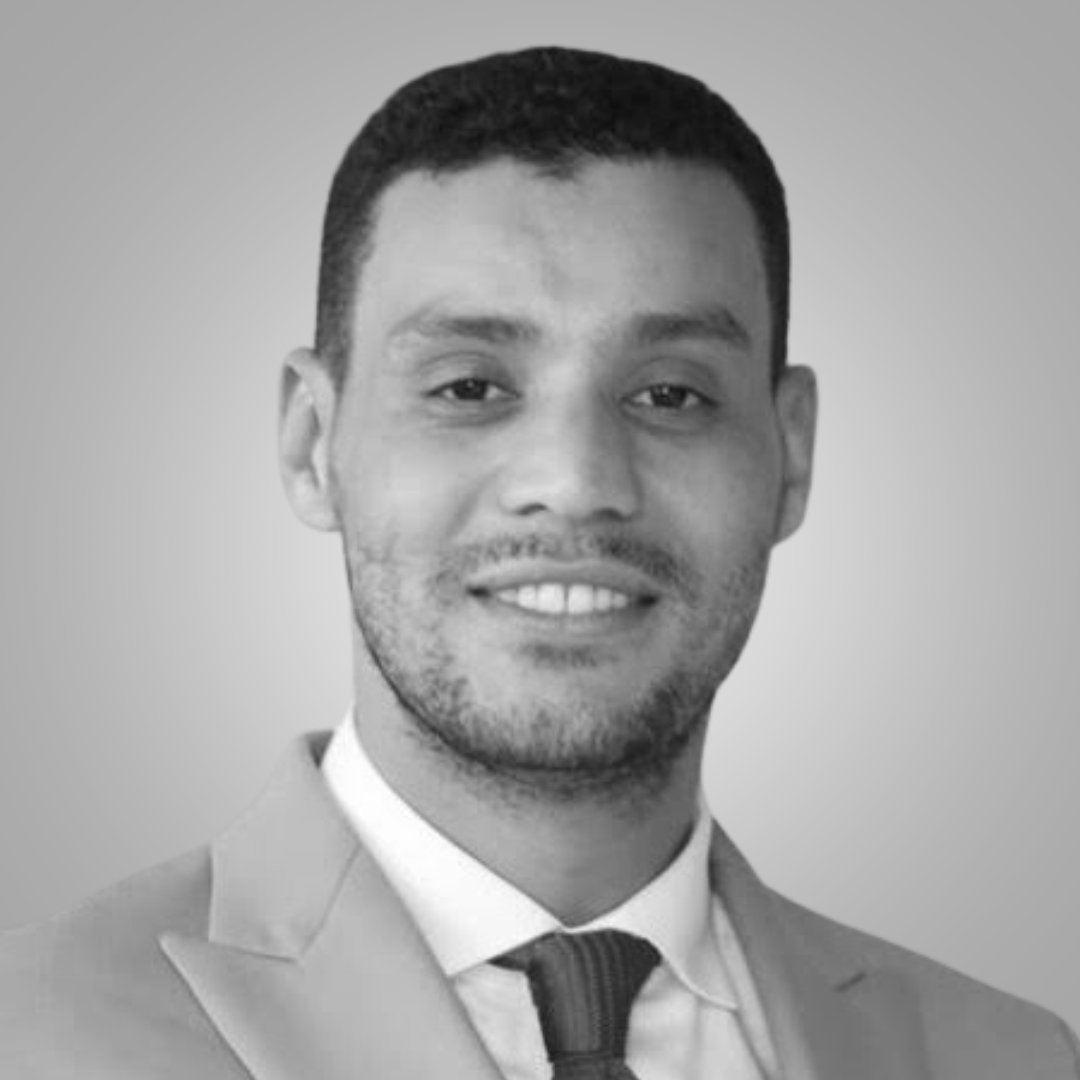Y-ADR Spotlight Series – Interview Questions with Mohamed F. Sweify

Mohamed F. Sweify
Associate Attorney at Hinshaw & Culbertson LLP, Adjunct Professor at Fordham Law School
1. What do you find to be a beneficial aspect of CPR?
For me, CPR is a representative example of a leading institution that brings all players at stake together in one place. This ‘out of the box’ vision has its positive impact on a better ADR practice that serves the best interests of the parties. An important aspect of CPR’s mission is dispute avoidance which resonates very well with the business realities of the parties and focuses on the parties’ future-driven opportunities rather than their past-missed opportunities.
2. What inspired you to steer your career toward ADR, and what steps did you take to make it to where you are today?
I was driven to the ADR world during my law school in Cairo. After graduating law school, I was fortunate to join the most leading international law firm in Egypt to practice international arbitration. Yet, at that time I was at the Base of the Pyramid (not of Gizah but of ADR!) and I came to realize that there is a lot to do in order to reach the Apex of that Pyramid.
I then decided to enhance my ADR experience and joined Pepperdine Law School to get my LLM in International Commercial and Investment Arbitration. After completing my LLM and graduating top 10% of my class, I realized my passion for ADR has grown and I am eager to move forward in that direction so that I can reach a level of knowledge that would qualify me to practice international arbitration in a universal setting.
That led me to Fordham Law School where I pursued my SJD in international arbitration and then published my recent book on International Arbitration and Third Party Funding. While I was pursuing my SJD, I got qualified in New York and started my arbitration practice beside my studies. That’s what led me to where I currently am. I currently serve as counsel to international clients in international arbitration cases under the rules of major arbitral institutions. I also serve as an arbitrator on a number of arbitration cases before the leading arbitral institutions. That’s all beside my practice as a New York attorney on transnational litigation cases before the U.S. courts. Have I reached the Apex of the Pyramid yet? I do not think so but ask me in ten years!
3. What is one piece of advice you would give to somebody who wanted to pursue a career in ADR?
It is never too early or too late to join CPR and get to meet the CPR’s members. There is a huge advantage of connecting with the leading ADR experts within the CPR community who will guide you on how to best pursue an ADR career.
Get engaged in the activities and events of the ADR community.
For young practitioners, even if it is challenging to pursue a career in ADR, do not ever give up. Try to pursue a career related to ADR which will keep you connected to ADR and will in the future pave the way for a more solid ADR career.
Set a yearly goal for yourself to develop more skills as you practice.
4. What personal characteristics are most beneficial to you in your career?
I think the amenability to adapt, the openness to differences, and the will and stamina to reach an outcome.
5. How can people with an interest in ADR get hands-on experience to further their career?
Working as tribunal secretary for some arbitrators might be a very effective way for getting hands-on experience in the ADR field. Another way that I personally followed was “Shadow Mediation” where I shadowed one of the mediators in a mediation session with real parties.
6. What is your favorite ADR process to practice?
International arbitration. It combines the binding nature of the court system (through a binding award) while providing the parties with the flexibility to orchestrate their own proceedings. The parties are the ‘Masters’ of the process. As a cross-border dual qualified practitioner, I am fascinated by the diversity in the international arbitration practice, which is unmatched by any other process.
7. (Fun one!) Describe your perfect Friday night in 5 words or less.
Five years ago, my answer would have been different.
But as of now, my perfect Friday night is “Craving a good night sleep”
